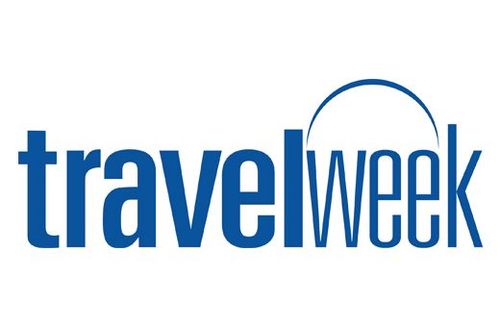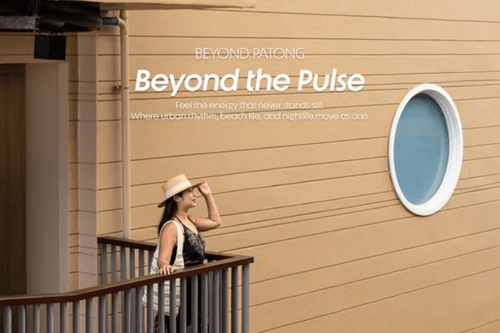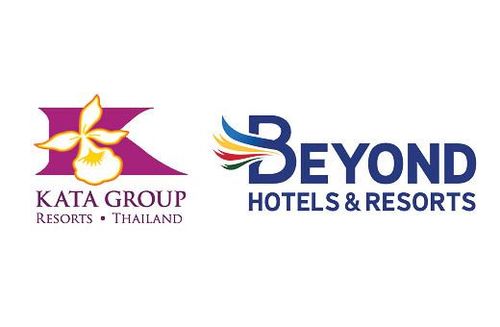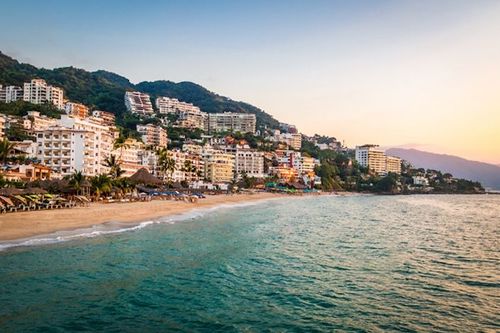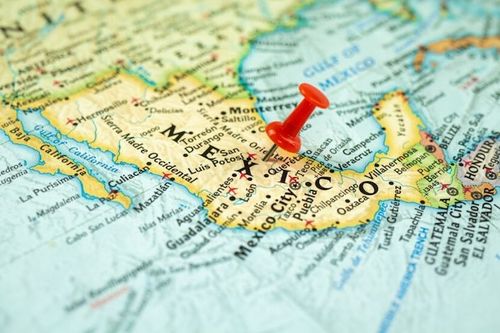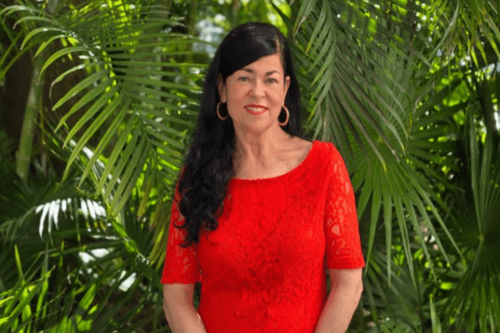Where travel agents earn, learn and save!
News / Special needs travel: Tips from an agent expert, plus biggest red flag to watch for
Challenges posed by the diverse needs of travelers with disabilities
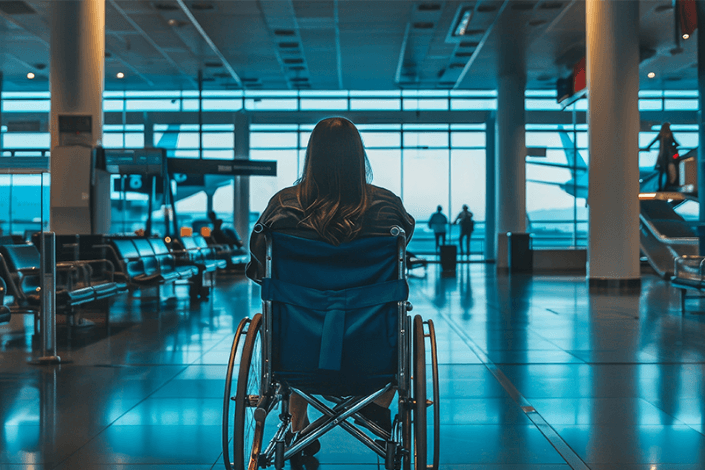
For Kristy Durso, it’s not so much about the size of a hotel bed as it is about the height of it.
That’s because the U.S.-based travel agent of Incredible Memories Travel is a full-time wheelchair user. Due to a genetic disease and an invisible mobility disability that causes extreme pain, Durso, who is also autistic and lives with severe gastroparesis, has relied on a wheelchair for the past five years. But this hasn’t stopped her from travelling – far from it. Her limited mobility has simply enabled her to be more empathetic towards other travellers with specific needs, and according to Durso, these needs are vast and varied.
“Disabled travellers come in all types. What’s accessible for me is not accessible for a different wheelchair user,” she says. “I need a lower bed to easily transfer, while an ambulatory wheelchair user with bad knees may want something a bit higher. I can use any toilet I can roll up to, even if there are no grab bars, but a wheelchair user with single-side weakness may need the grab bars on the left.”
The point, adds Durso, is that when it comes to special needs travel, there is no one size fits all.
Admittedly, it wasn’t until recently that Durso realized just how inaccessible accessible travel is in the travel industry. All three of her children have special needs; her oldest has the same genetic condition as Durso, her middle child is on the autism spectrum, and her youngest is cognitively and intellectually disabled. When her youngest child grew a little older and started travelling, she quickly discovered how little the industry accommodates travellers with disabilities. So she took matters into her own hands and started offering accessible tours, ones that meet her high standard of service.
If you look at the numbers, special needs travel, or accessible travel, isn’t as niche as one may think. According to the Ontario Ministry of Seniors and Accessibility, 6.2 million Canadians identify as having a disability, which, when combined with their friends and families, represent the third-largest market segment in North America. They’re spending a lot of money, too, with a collective buying power of over $50 billion in Canada and $1 trillion globally. In Ontario alone, there are 2.6 million people with a disability – that amounts to 24% of the province’s population.
The market is even bigger and even more lucrative In the United States, says Durso, who notes that in 2023, her agency did US$1.2 million in sales, approximately 85% of which was accessible travel.
Not willing to wait for others to find solutions, Durso started reaching out to hoteliers and suppliers to raise awareness about the problems she and others with disabilities face while travelling.
While many accommodations have been made for disabled travellers at Beaches and Sandals Resorts (Beaches is the first resort company in the world to complete IBCCES training and Autism Certification, plus it offers beach wheelchairs and adaptive scuba diving, says Durso), there’s still more that can be done. So when given the opportunity to speak directly to Sandals Resorts International’s Executive Chairman, Adam Stewart, a couple years ago, Durso, ever the advocate, took it.
Of course, not every hotel and travel company can be as receptive and accommodating as Sandals and Beaches, even though it may claim to be. According to Durso, the biggest red flag to watch out for is a business that says it’s accessible without listing the features that make it so. So it’s up to the travel advisor to ask the right questions about mobility accessibility.
These include:
- Do you have a 4-foot-turn radius in the room?
- Are all the amenities lowered?
- What is the bed height?
- What are the shower features? (ie. Wall-mounted bench within reach of faucet knobs and soap, adjustable shower wand, level entry, etc.)
- What are the washrooms like in public areas? (ie. Companion washrooms, larger stalls, etc.)
- Is there ramp access in public areas, like the pool, shops and restaurants?
- Has the staff been trained in how to check in guests with non-apparent disabilities?
- Do you have accommodations for blind/low-vision guests?
- Do you have accommodations for deaf/hard-of-hearing guests?
- How do you accommodate guests with limited diets?
But even before travel advisors shop around for appropriate accommodations and tours, they must first ask their special needs clients the right questions to gauge exactly what they need to travel safely and comfortably.
For all disabilities, she adds, this list should include downloading useful disability apps and having a handy list of accessible accommodations in each destination they’re travelling to. For those with mobility issues, Durso suggests packing a wheelchair toolkit (check with local airports to ensure compliance), a transfer sling, a charger, power convertor and a list of in-destination medical suppliers in case any damage is done to personal equipment. And if clients are neurodivergent (diagnosed with a developmental or learning disorder such as autism or ADHD), suggest packing noise-cancelling headphones, an eye mask, fidgets, a weighted blanket or pressure vest and other tools to help self-regulate.
This article originally appears in the May 30 issue of Travelweek. To read the issue, click here.



